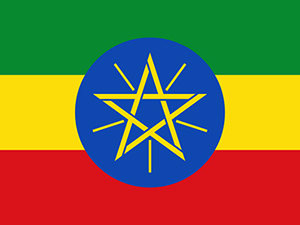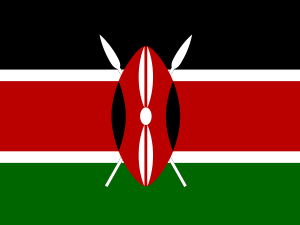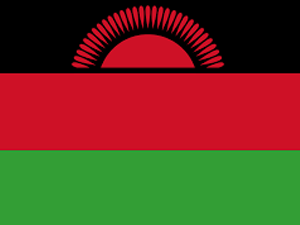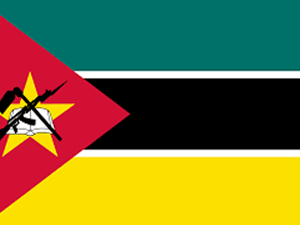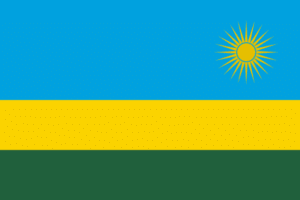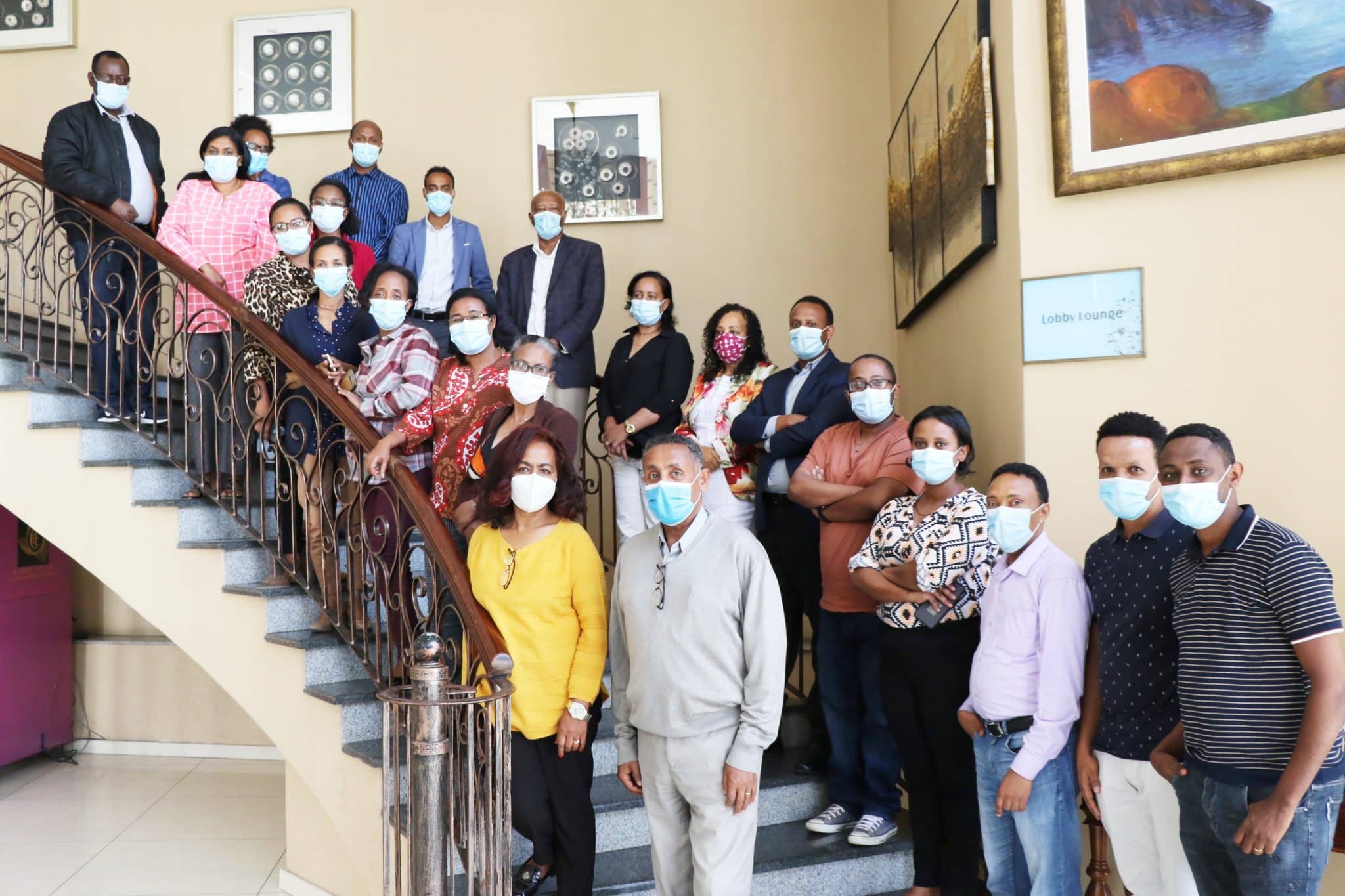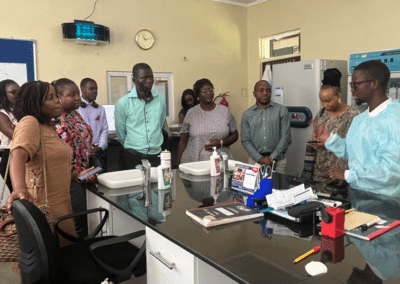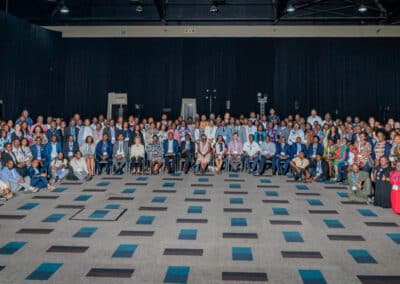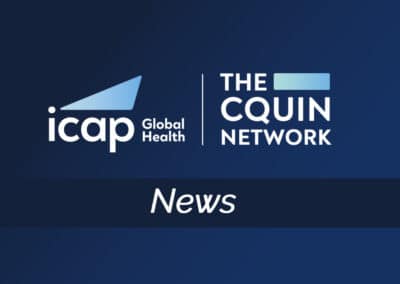In Ethiopia, 25 participants joined this year’s CQUIN annual meeting at a virtual watch meeting in Addis Ababa. On November 16 to 19, 2021, representatives from Ethiopia’s Ministry of Health, the Federal HIV Prevention and Control Office (FHAPCO), Networks of People Living with HIV (NEP+), and other stakeholders came together to review the progress, innovations, and challenges related to implementing and scaling up DSD initiatives. In addition, global stakeholders, including representatives from the CDC, WHO, USAID, UNAIDS, and ICAP in Ethiopia, also joined the watch meeting.
Participating in the CQUIN annual meeting allowed Ethiopia to review challenges and progress made in implementing DSD services during COVID-19 as the pandemic continues to pose a considerable challenge to the country’s health care system.
With its stakeholders and partners, including ICAP, Ethiopia’s MOH has innovatively redefined its health service delivery approach to maintain uninterrupted and high-quality HIV care and treatment services in the last year with strategies outlined in its interim COVID-19 guidance.
“While COVID-19 is still critical to public health in general, the pandemic gave Ethiopia a unique opportunity to expand several DSD models, including multi-month dispensing (MMD),” said Zerihun Hika, MD, MPH, senior HIV program advisor at the Ethiopia Ministry of Health.
Ethiopia also expanded MMD eligibility criteria to include pregnant and breastfeeding women, adolescents, and children – a policy that wasn’t in place before the pandemic.
According to Solomon Ahmed, MD, MPH, technical officer for HIV treatment at CDC Ethiopia, the country has also adapted and expanded other models such as Fast Track ART Refills (FTAR), Community Differentiated Service Delivery (CDSD), and DSD for maternal and child health and key populations, during the pandemic.
Since March 2017, Ethiopia has actively participated in the CQUIN network, sharing its implementation experiences and learning from the best experiences of fellow African countries. “Ethiopia has gained a great deal of knowledge and experience from the south-to-south visits, meetings, and other learning opportunities, which has helped us provide patient-centered HIV services by adopting various DSD models,” said Mirtie Getachew, MPH, HIV case team leader at Ethiopia’s Ministry of Health. “This time, we are also making progress in adopting the DSD modalities in caring for patients with advanced HIV disease by harnessing the knowledge and experience gained from the CQUIN meeting convened in July 2020 and the CQUIN AHD community of practice,” Getachew said.
After the CQUIN annual meeting, Ethiopia’s team conducted a planning exercise and produced an annual operational plan for both less intensive and more intensive DSD models.







